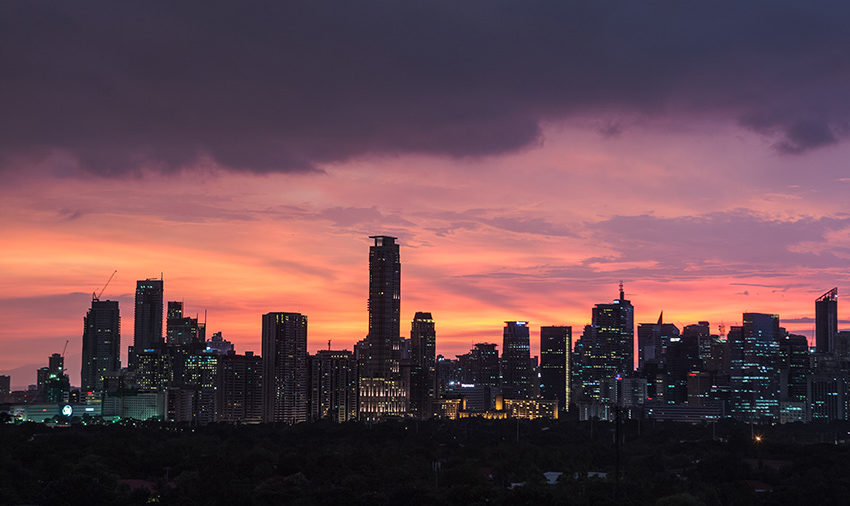
目次
Easy to understand real estate investment and legal system in the Philippines!
For real estate in Japan, we were able to obtain stable income gains, but from now on, we must consider overseas with high potential. .. .. ..
I often hear stories like this from my friend, a real estate owner. In addition, there have been an increasing number of requests for a rough overview.
Therefore, this time, I will explain in an easy-to-understand manner the legal system of the Philippines, which boasts the highest population growth rate in the world, so that even beginners of overseas real estate investment can understand it firmly.
If you are interested in overseas real estate investment, please refer to it.
Freehold and leasehold (ownership and leasehold)

For Filipino citizens
・ All rights such as free hold (ownership) and leasehold (leasehold) are granted for land and condominiums.
For foreigners or foreign companies (41% or above is foreign capital)
・ Land ownership is not recognized.
・ The leasehold right of land is recognized.
・ Ownership of all condominiums is permitted up to 40%.
・ Sublease of condominiums is permitted.
Real estate leasing
-Under the Constitution, land ownership is limited to Filipinos.
・ For investment purposes by foreign investors, the maximum is 50 years, and the renewal is 25 years only once. For non-investment purposes, the maximum is 25 years and the renewal is a one-time 25 years.
Land / real estate registration
Similar to the registration system in Japan, the Philippines has a solid registration system. A registration system called the Trends System is adopted, and a registration certificate is issued by the government.
・ Registration targets are land and condominiums.
・ Real estate for which leasehold rights and mortgages have been set must be entered in the register.
・ When claiming the right of unregistered real estate, the property tax return, etc. will be the proof of the ownership of the land.
Defect warranty liability (consumer protection)
Generally, the seller is responsible for one year after purchasing the condominium. The scope of liability is the replacement or repair of interior parts, materials used in the interior, defects caused by the skill of craftsmen. Aged deterioration and natural wear are not included.
Other restrictions and preferential treatment for foreign capital
・ The method of hiring Filipinos and using a dummy company is prohibited by the Anti-Dummy Law and is invalid.
・ Although you can establish a corporation and own land through the corporation, the stock is up to 40%.
-Manufacturing companies are 100% established by foreign capital, and the form of leasing from Filipino citizens and Filipino companies is often used in practice.
-Foreign-affiliated companies are desirable to hold shares of 34% or more because the transfer of important operating assets, which is considered to be an important decision for strategic management, requires the consent of shareholders of 66.6% or more.
・ Transfer of important operating assets Since transfer of important operating assets requires the approval of two-thirds (66%) or more of shareholders, if the foreign capital owns 40%, it can avoid the sale by the Filipino side. ..
・ Since land lease rights and condominium sublease rights are transferable, this scheme is also used. On the other hand, if the owner dies or goes bankrupt, there are not many cases at present and it is a risk.
Philippines Real Estate Investment, Summary
This time, I have explained the legal system that I want to suppress before investing in the Philippines.
If you have any questions, please feel free to contact us.
In this blog, in addition to the Philippines, we will explain the economies and laws of regions with high growth potential such as Vietnam, Cambodia and Bangladesh, and regions with high future wealth such as Hong Kong, Shenzhen, Hawaii and San Francisco. ..

Suzuki Real Estate is a real estate company in Ho Chi Minh City, Vietnam that handles rental and sales. Our licensed real estate agents and Vietnamese real estate transaction specialists will guide you through investment apartments, condominiums, serviced apartments, offices, and factories for rent in Japanese, Chinese, and English.






